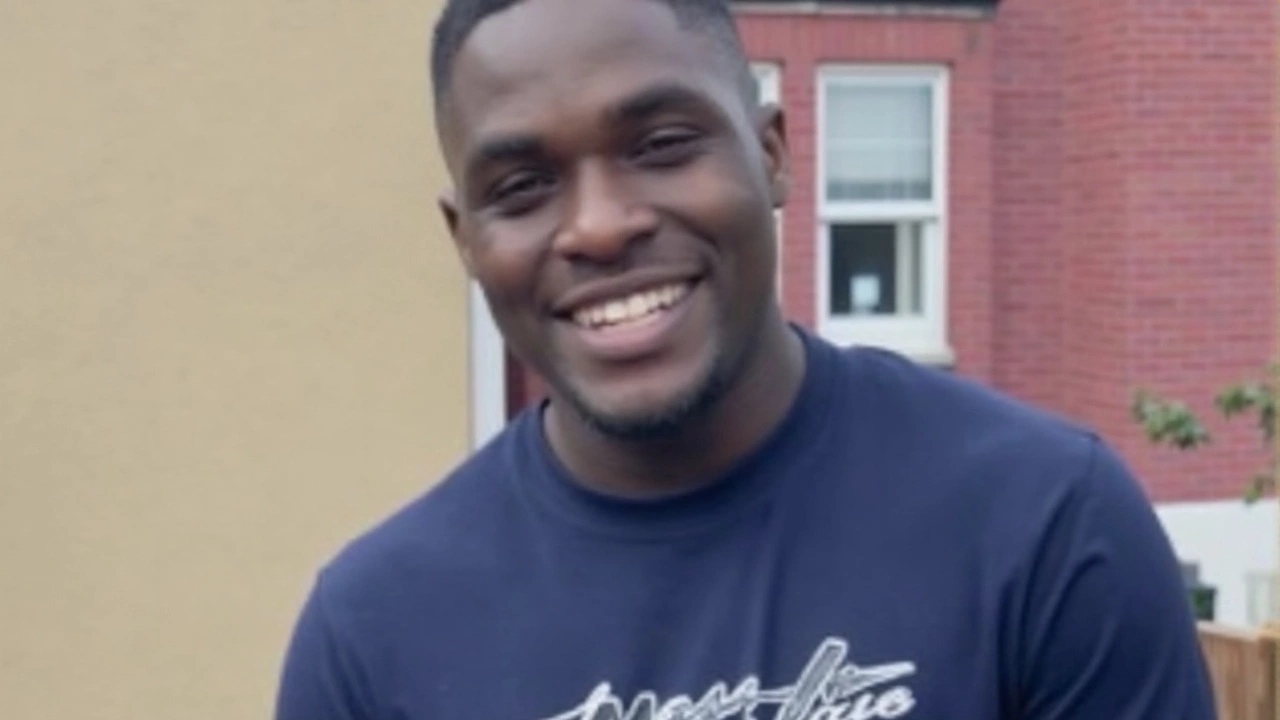Officer Martyn Blake Acquitted in Chris Kaba Shooting: What Really Happened?
Chris Kaba's name became a rallying cry in London, sparking conversations about justice, policing, and race. On September 5, 2022, Kaba, a 24-year-old Black man, was shot dead by Metropolitan Police Officer Martyn Blake after a car chase through Streatham Hill. Nearly two years later, the high-stakes trial at the Old Bailey wrapped up on October 21, 2024, with a not-guilty verdict delivered in less than three hours. The drama inside the courtroom extended far beyond its walls, stirring protest, frustration, and an avalanche of questions across the UK.
The case was always set to be controversial. Blake, aged 40, told the jury he shot Kaba because he believed officers were in immediate danger. Prosecutors painted a much different picture, arguing Blake made a 'split-second lethal decision' without proper justification and that he killed an unarmed suspect. The incident renewed old wounds in communities long skeptical of the criminal justice system’s treatment of Black men.
Forensic details emerged fast and furious. Kaba died from one gunshot to the head. Post-trial, even more details about Kaba’s background came to light. He’d reportedly used cocaine that night, had traces of gunshot residue on his clothing from a prior Brixton shooting, and was tied to a nightclub firearms incident just a week earlier. A domestic violence protection order was also in place, preventing any contact with the mother of his unborn child. These revelations sparked outrage—while some said it provided needed context, others saw it as character assassination, especially since officers at the scene didn’t know his full history.
The Metropolitan Police had to fight to get these details released, pushing to lift reporting restrictions in the wake of the trial. Kaba’s family, visibly shaken and angry, accused the system of stacking the deck against him in death as in life. They argued that painting Kaba as a criminal did nothing to answer why lethal force was used on an unarmed suspect. The defense team, on the other hand, insisted that Blake’s actions weren’t influenced by these facts, because neither he nor his team knew them in real time—they only suspected the car Kaba was driving was linked to a previous firearm incident.
This isn’t just about one night in September. Kaba's relatives called the verdict 'another blow for justice,' arguing that lethal force is too often used against Black men with little consequence. Activists pointed to a pattern—Black individuals in the UK are far more likely to be shot or injured during police encounters. This case, campaigners say, fits the pattern perfectly. On the other side, the Metropolitan Police Federation lashed out at prosecutors, blasting the decision to try Blake as unfair and unnecessary, and holding up the verdict as vindication for police under pressure.
Fallout: Race, Policing, and Public Trust in the Balance
The not-guilty verdict sent shockwaves through London and beyond. For many in the Black community, Kaba's death was always about more than one confrontation; it was a symbol of everyday realities and risks. The streets of London echoed with calls for police accountability, sparking protests and renewed demands for change.
The debate about releasing Kaba's past into the public record took on a life of its own. Supporters of the jury’s decision argued that context matters, even if the officers involved didn't know Kaba's entire story. Opponents countered that the rush to reveal a victim’s criminal history only serves to muddy the waters and lessen the impact of police violence, especially in high-profile cases involving race.
As the dust settles, a few truths are unavoidable. The killing of Chris Kaba and the acquittal of London police officer Martyn Blake have exposed sharp divides in how different communities see justice and safety. Questions linger over how courts, the police, and the press use—or misuse—details about a victim’s past. For now, campaigners vow to keep pushing for reforms, believing that every case like this pulls the curtain back on bigger issues in British society.
